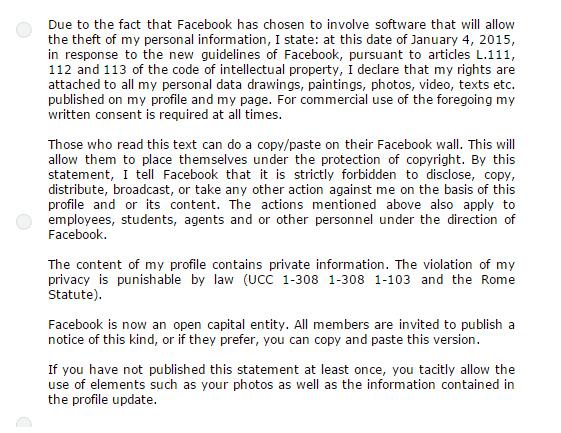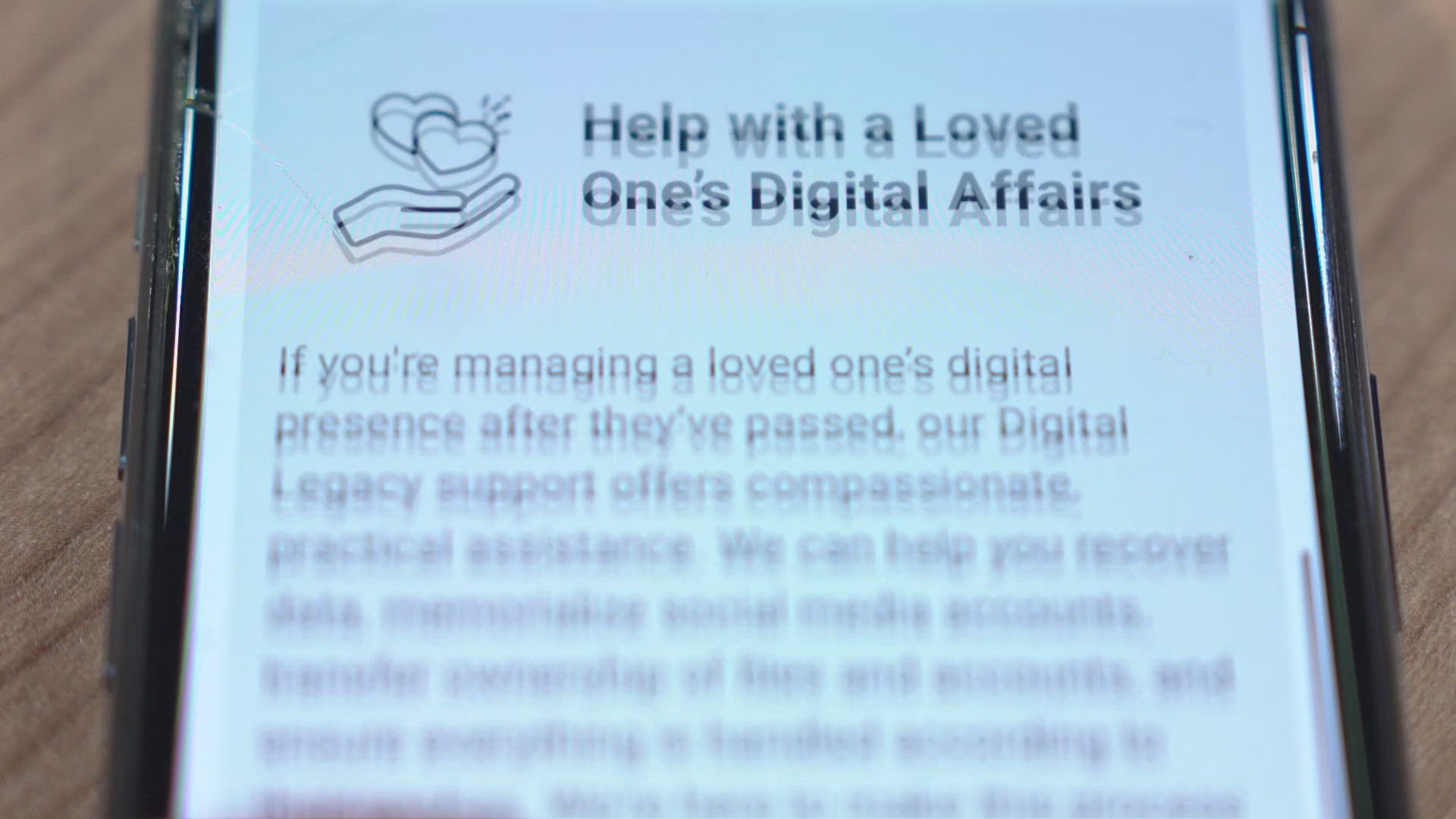LITTLE ROCK, Ark. (KTHV) – No, Facebook does not own your intellectual property you share on its website.
However, even if Facebook did own it, you couldn't reclaim your legal property by sharing a post.
Making its rounds on the Internet once again, a post claiming to protect users' content from being owned by Facebook is a hoax.
Seen below, a post has been circulating claiming that by posting it on your wall, your intellectual property is protected by law and may not be used, shared, or otherwise possessed by Facebook.
The fact is, the law simply doesn't work that way.
By agreeing to Facebook's terms and conditions, while you do own the content you share on the platform, you give Facebook full legal rights to use it for advertising and marketing purposes as long as you have an account and the material is on the site.
For example, if you delete your account, Facebook no longer has rights to your intellectual property. However, if you shared a picture or some other type of data on a friend's wall and it is still there, Facebook still has the right to use it.
As noted on the snopes.com article on the hoax,
"The fact is that Facebook members own the intellectual property (IP) that is uploaded to the social network, but depending on their privacy and applications settings, users grant the social network "a non-exclusive, transferable, sub-licensable, royalty-free, worldwide license to use any IP content that you post on or in connection with Facebook (IP License)."
Facebook adds, '[t]his IP License ends when you delete your IP content or your account unless your content has been shared with others, and they have not deleted it.'
While the social network does not technically own its members content, it has the right to use anything that is not protected with Facebook's privacy and applications settings. For instance, photos, videos and status updates set to public are fair game."
It's very easy for people to fall for these types of hoaxes on the Internet, but anytime you see a mass-shared post with legal language claiming anything, it is always wise to look into its validity before you make any decisions based on the information. This is just a smart and safe approach while navigating the Internet.


